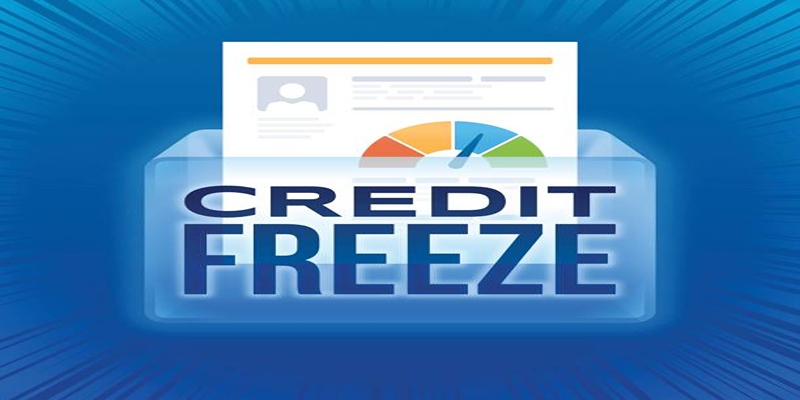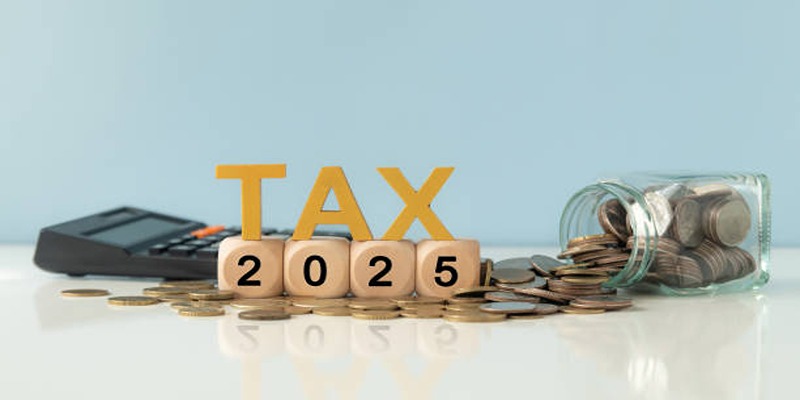Dealing with a credit bureau can feel overwhelming, especially if you're unsure how to navigate the process. Knowing how to talk to a credit bureau is essential, whether you're facing an error on your credit report, need to verify information, or simply want to understand your credit score better.
Fortunately, with the right approach, this task doesn't have to be daunting. In this guide, we'll walk you through the steps of contacting a credit bureau and help you understand how to communicate effectively. By the end, you’ll feel confident in managing your credit and resolving any issues that arise.
What Is a Credit Bureau and Why Should You Contact One?
A credit bureau is a company that collects and maintains data about your credit activities, including details about loans, credit cards, and payment history. The three major credit bureaus in the U.S. are Equifax, Experian, and TransUnion. This information is used to generate your credit report, which lenders rely on to make credit decisions.
You might not need to reach a credit bureau frequently. Still, it's crucial to do so for purposes such as disputing credit report errors, like incorrect balances or obsolete accounts, that influence your score. You could also need to order your credit report, confirm your identity, or get guidance on enhancing your score. Proper communication with a credit bureau helps you get an accurate credit history and simplify processes.
How to Prepare Before Contacting a Credit Bureau?
Before reaching out to a credit bureau, it's important to be prepared. Here's how you can get ready:
Review Your Credit Report: Get your free credit report annually from AnnualCreditReport.com, checking for errors like incorrect accounts or outdated information to ensure your report is accurate.
Gather Documentation: Have your details (name, address, Social Security number) on hand. Also, note the specific item you want to dispute, along with supporting documents (like bank statements or receipts).

Understand Your Goal: Be clear about the issue you're addressing, whether it’s disputing a mistake, requesting a report, or asking for information on improving your credit score.
How to Talk to a Credit Bureau?
Once you’re prepared, it’s time to initiate the conversation. Here’s how to approach the situation, whether you’re contacting a credit bureau by phone, online, or mail.
By Phone
If you prefer a more personal approach, contacting a credit bureau by phone can be a good option. When calling, keep these tips in mind:
Be Clear and Concise: When speaking to a representative, be clear and specific about the issue. Provide exact details of the disputed item or request, like verifying your credit report, for efficient resolution.
Stay Calm and Polly: While dealing with credit report issues can be frustrating, staying calm and polite is essential. A respectful attitude can help ensure that the representative is more willing to assist you and may even lead to a quicker resolution.
Take Notes: During the call, write down the representative’s name, the date and time of the call, and the details of the conversation. This documentation could be useful if you need to follow up later.
Ask for a Follow-Up: If the issue can't be resolved during the call, request a follow-up timeline or reference number. This way, you'll know when to expect an update and have a record of the conversation.
Online
Many credit bureaus now offer online portals that allow you to dispute items on your credit report or inquire about your report. Here's how to make the most of these platforms:
Use Secure Websites: Always ensure that you're on the official website of the credit bureau you're contacting. You can visit Equifax, Experian, or TransUnion's websites to access their dispute portals securely.
Fill Out the Online Form: The bureau's website has easy-to-follow forms that will guide you through the dispute process. Provide the necessary details and be as specific as possible about the issue you're addressing.
Track Your Dispute: Most online platforms allow you to track the progress of your dispute in real-time. Make sure to check the status periodically and follow up if needed.
By Mail
If you prefer written communication or need to send supporting documents, mailing a letter to a credit bureau can be effective. Here’s how to write a letter that will get the attention of the credit bureau:
Write a Clear Letter: Address the dispute department, including your full name, address, and details of the dispute, along with a copy of the credit report highlighting the disputed item.
Include Supporting Documents: Attach any relevant documentation, such as bank statements or payment receipts, to support your claim and strengthen your case for resolution.

Request a Response: As required by law, ask the credit bureau for a written response within 30 days to ensure the dispute is handled promptly and efficiently.
Mail via Certified Mail: Send your letter via certified mail with the return receipt requested to guarantee delivery and obtain proof that the credit bureau received your communication.
What to Expect After Contacting a Credit Bureau?
Once you've reached out to the credit bureau, they are required by law to investigate any disputes within 30 days. They will review your claim, gather information from the creditor, and then either update your report or leave the information as is.
If the bureau determines that the information on your report is incorrect, they will correct the mistake. If the information is accurate, the item will remain on your credit report. You will receive notification of their decision, whether by phone, email, or mail, depending on how you contacted them.
Conclusion
Talking to a credit bureau doesn’t have to be intimidating. By preparing in advance, staying calm, and communicating clearly, you can resolve issues with your credit report more easily. Whether you’re disputing an error, requesting a report, or seeking information, knowing how to approach the situation is key to making the process smoother. Remember, credit bureaus are there to help you maintain an accurate credit history, and contacting them can make a big difference in your financial future.












